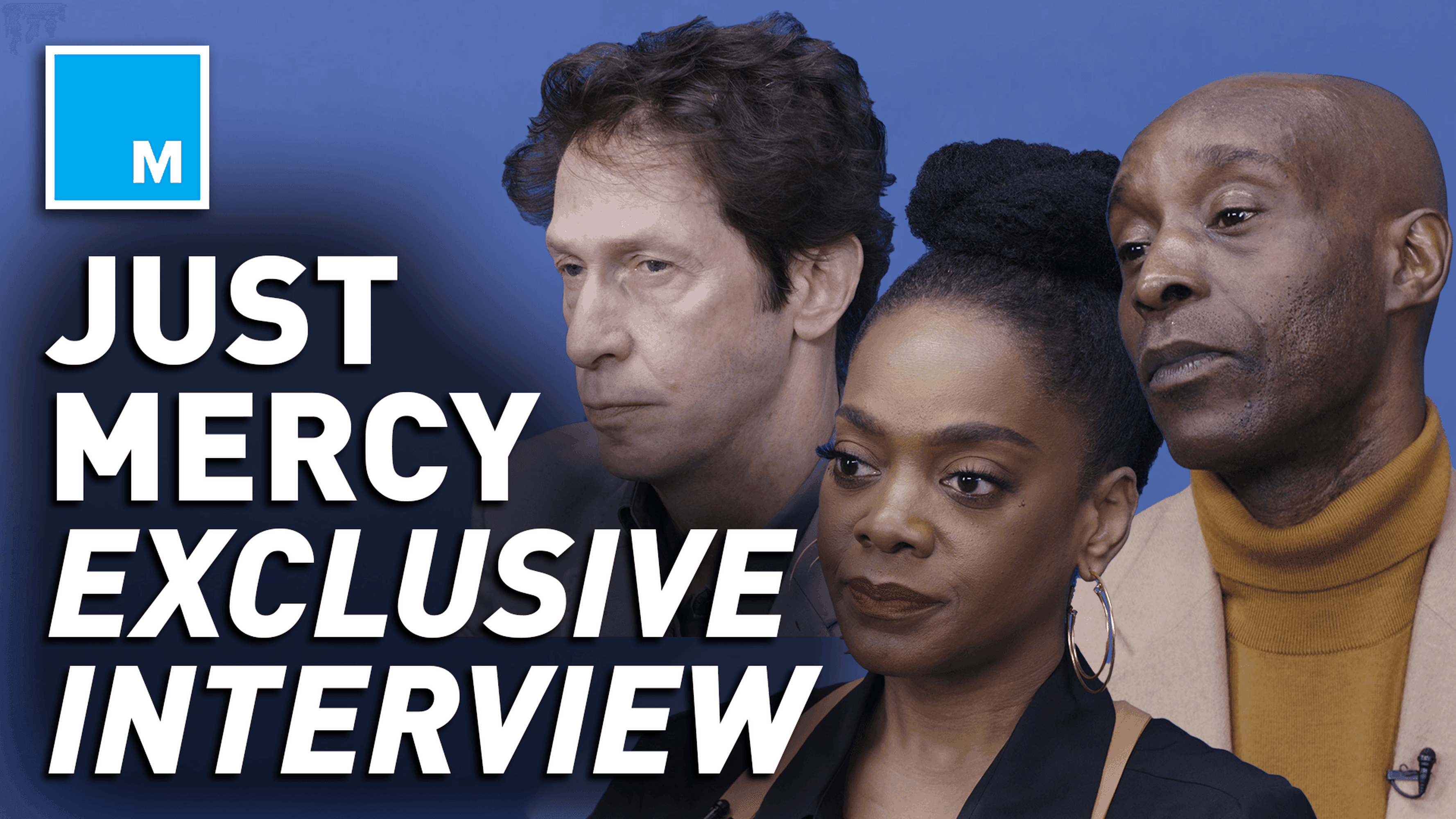
As nationwide protests continue in response to the deaths of George Floyd, Breonna Taylor, and Ahmaud Arbery, the Black Lives Matter movement remains as important as ever and an invaluable resource to those in and outside of the black community.
For nonblack people, this is a time to listen, learn, donate, and activate. One way to do that is by seeking out the many films and series about civil unrest and racial inequality. 2020’s protests and curfews are not new; they are the latest boiling over of systemic issues that date back to this country’s creation and beyond.
In order to make change, we must first understand how we got here. Here are 10 racial justice documentaries you can stream right now to learn more.
[embedded content]
Daniel Lindsay and T.J. Martin’s 2017 documentary would be chilling enough without its 2020 context. It recounts the stories of Rodney King, who was brutally beaten by police officers, and Latasha Harlins, a teenager who was fatally shot in a convenience store. King’s attackers were found not guilty despite damning video evidence, and in the days after, fires, riots, and looting ravaged Los Angeles. The film frames the 1992 unrest with footage of the 1965 Watts riots, highlighting the disturbing parallels.
Where to watch: Netflix
[embedded content]
Ava DuVernay’s searing documentary traces the origins of the prison system to the institution of slavery, which remains legal in the United States as punishment for a crime. The 13th amendment led to slavery’s modern manifestation, in which black Americans are imprisoned disproportionately, often for minor offenses.
Where to watch: Netflix or YouTube
[embedded content]
Marc Silver’s 2015 documentary recounts the 2012 death of teenager Jordan Davis, who was shot multiple times in a parking lot while listening to music with friends. His attacker was found guilty of first-degree murder, but only after a mistrial and extensive media coverage, which the film follows along with Davis’ friends, family, and trial proceedings.
Where to watch: HBO
[embedded content]
From the civil rights movement to Black Lives Matter to representation in Hollywood, I Am Not Your Negro examines the modern black experience in America through the last writings of James Baldwin and his correspondences with Malcolm X, Martin Luther King Jr., and Medgar Evers.
Where to watch: Amazon
[embedded content]
When 28-year-old Sandra Bland was arrested for a traffic violation and subsequently found hanged in her jail cell days later, a two-year legal ordeal began. Filmmakers Kate Davis and David Heilbroner document the family’s battle with law enforcement while sharing Bland’s own video blogs and history of activism. Though her death was ruled a suicide, it remains surrounded by questions and the undeniable fact that it can’t be undone.
Where to watch: HBO
[embedded content]
The Wire’s Sonja Sohn documents protests and unrest in Baltimore after Freddie Gray died due to injuries sustained after an arrest. While the six officers who arrested Gray await a verdict, the eyes of the nation fall on Baltimore, where lines of division become clearer than ever.
Where to watch: HBO
[embedded content]
Sabaah Folayan and Damon Davis direct this 2017 documentary about the death of Michael Brown and subsequent uprising in Ferguson, Missouri. The officer who shot Brown was not indicted, and eventually cleared of all charges and ruled to have been acting in self defense.
Where to watch: Hulu
[embedded content]
Director Peter Kunhardt spotlights Alabama attorney Bryan Stevenson (also the subject of Warner Bros.’ Just Mercy, streaming for free for the month of June), who has made it his life’s mission to highlight and combat racial inequality in the U.S. justice system. Stevenson regularly advocates for clients who are socially or economically disadvantaged or already unfairly affected by incarceration. In interviews, he himself outlines the United States’ history of racist legal inequality and his own efforts to challenge it.
Where to watch: HBO
[embedded content]
This six-episode docuseries recounts how 16-year-old Kalief Browder was accused of stealing a backpack, but went on to spend three years in prison because his family couldn’t afford his bail and the system had no place for him. Browder spent two of his three years in solitary confinement on Rikers Island without ever being convicted of a crime. Each episode focuses on a different aspect of the incarceration, from the system to the witness to Rikers itself to what life looked like for Browder after his release.
Where to watch: Netflix
[embedded content]
Decades after the landmark case Brown v. Board of Education, Sonia Lowman’s documentary covers how segregation, though illegal, persists in the American school system through demographic inequality, specifically in Little Rock, New York City, and Los Angeles.
Where to watch: Netflix
[embedded content]
Strong Island is director Yance Ford’s examination of his own family and the murder of his brother William. William Ford was unarmed when he was shot by a white employee at an auto shop and dead before even reaching a hospital. His shooter was not indicted, and Ford’s film examines the family’s ongoing pain over 20 years after justice failed William.
Where to watch: Netflix
